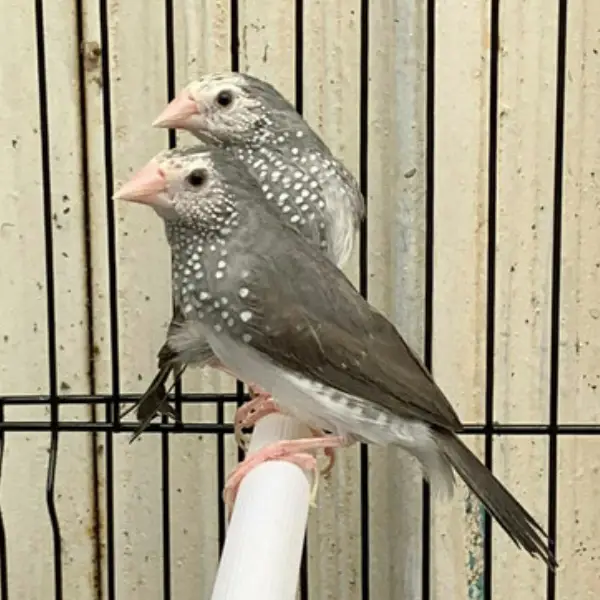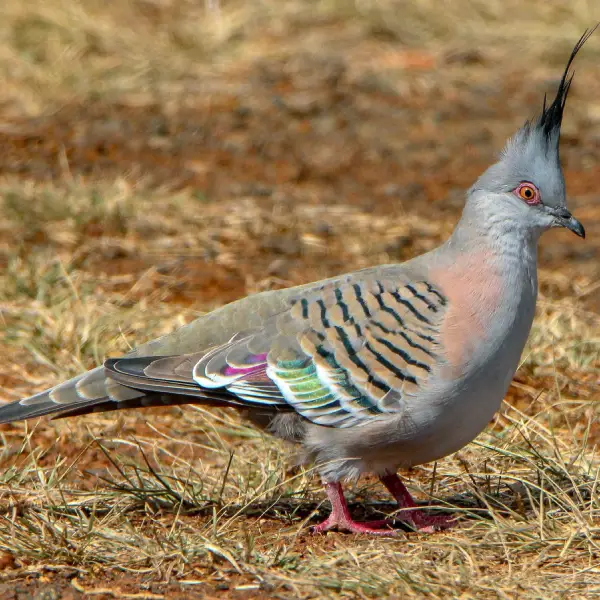-
×
 Blue Star Finch
1 × ₨ 20,000
Blue Star Finch
1 × ₨ 20,000 -
×
 Crested Dove
1 × ₨ 35,000
Crested Dove
1 × ₨ 35,000
Subtotal: ₨ 55,000
Free shipping order over 20,000
 Blue Star Finch
1 × ₨ 20,000
Blue Star Finch
1 × ₨ 20,000  Crested Dove
1 × ₨ 35,000
Crested Dove
1 × ₨ 35,000 Subtotal: ₨ 55,000
₨ 25,000 Original price was: ₨ 25,000.₨ 20,000Current price is: ₨ 20,000.
Important Keys:
Habitat
Diet
Breeding
Lifespan
Behavior
![]()
Sign Up for Exclusive Birds Care Tips and Offers from Phool Panchi
© 2024 Phool Panchi | Developed By v3Studio
 Blue Star Finch
1 × ₨ 20,000
Blue Star Finch
1 × ₨ 20,000  Crested Dove
1 × ₨ 35,000
Crested Dove
1 × ₨ 35,000 Subtotal: ₨ 55,000
WhatsApp us
Reviews
There are no reviews yet.